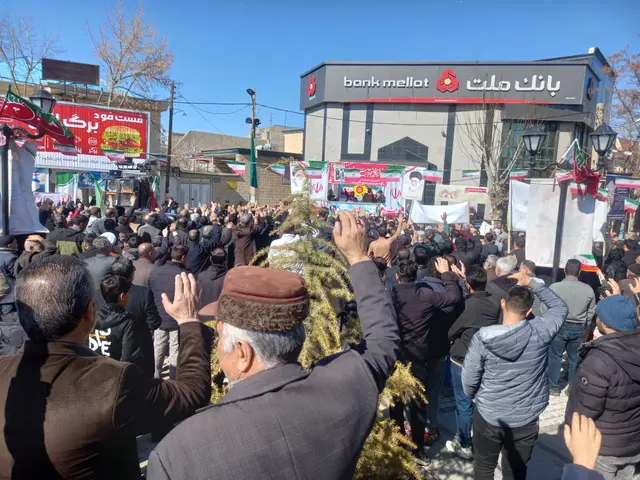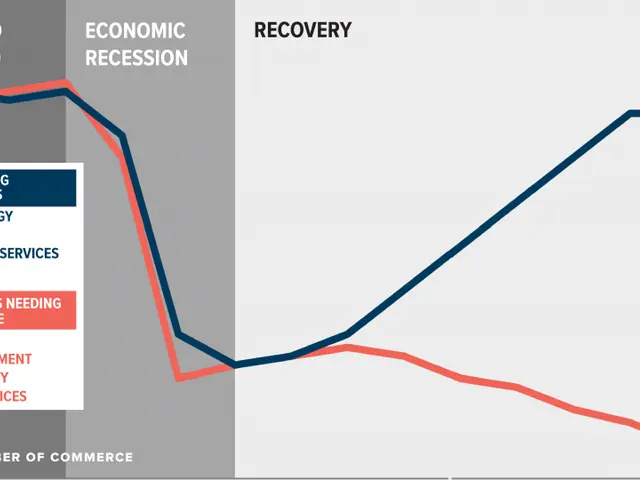Business Leader at COP30 vows to bolster international cooperation and multilateralism.
Brazil has announced that the 30th Conference of the Parties (COP30) under the United Nations Framework Convention on Climate Change (UNFCCC) will be held in Belém, showcasing the Amazon region. The event, scheduled from November 10 to 21, aims to highlight the relationship between climate mitigation and biodiversity protection, energy transition pathways, and the fulfillment of national climate plans (NDCs).
Acknowledging the logistical challenges of hosting COP30 in Belém, Brazil's National Secretary for Climate Change, Ana Toni, has been appointed as the executive director of COP30. Toni emphasizes the need to break the 'barriers' of climate negotiations at COP30, which means speeding up the implementation of agreed targets and involving everyone in these actions.
The conference will also focus on the financial commitment of $300 billion for climate actions in developing countries by 2035, a target agreed upon at COP29. The focus now is on ensuring the funds are delivered, with a plan to reach $1.3 trillion in public and private financing for climate actions in progress. A circle of finance ministers has been created to facilitate this process, and countries, including Brazil, are expected to debate the strategy for transitioning away from fossil fuels in their NDCs.
From the perspective of the Global South, a successful COP30 would address three key issues: adaptation, preserving nature to protect the climate, and accelerating the implementation of agreements. The Global Adaptation Goal, adaptation finance, technology transfer, capacity building, and nature-based solutions are areas of focus for adaptation in the Global South.
However, challenges remain. Most of Brazil's carbon emissions come from deforestation, and military and tariff conflicts may divert attention from COP30 and negatively influence its outcome. The issue of reforming multilateral banks is not within the remit of UNFCCC or COP30.
Guyana, a neighbouring country, primarily relies on fossil fuels for its income. As the world transitions towards renewable energy, the impact on countries like Guyana will be significant, and discussions surrounding this are expected at COP30.
Ana Toni particularly expects countries in the Global South to be surveyed regarding financing climate protection measures to contribute the necessary financial resources toward the goal of $1.3 trillion from public and private sources. This underscores the importance of COP30 as a platform for dialogue and action on climate change, particularly for countries that are most vulnerable to its effects.
In conclusion, COP30 in Belém promises to be a pivotal event in the fight against climate change, with a strong focus on the Amazon region, indigenous peoples, and the Global South. The conference will provide an opportunity for nations to discuss and agree on strategies for adaptation, financing, and implementation of climate actions, as well as the transition away from fossil fuels. The success of COP30 could set the stage for a more sustainable and equitable future for all.
Read also:
- Trump administration faces lawsuit by Denmark's Ørsted over halted wind farm project
- Unchecked Management of HP Dams Leads to Environmental Disaster: RTI Reveals
- Rapid advancements in automotive policies worldwide fuel transition towards electric vehicles
- CDU Hamm: Aim, Chosen Candidate, and Local Election Agenda








